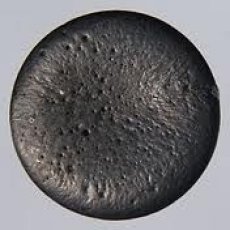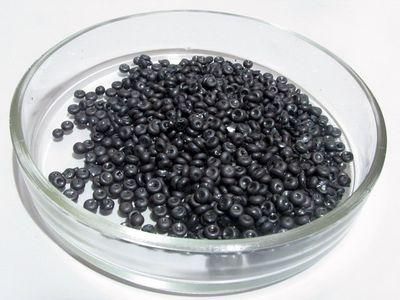Named a substance that can protect against all diseases
Last reviewed: 23.04.2024

All iLive content is medically reviewed or fact checked to ensure as much factual accuracy as possible.
We have strict sourcing guidelines and only link to reputable media sites, academic research institutions and, whenever possible, medically peer reviewed studies. Note that the numbers in parentheses ([1], [2], etc.) are clickable links to these studies.
If you feel that any of our content is inaccurate, out-of-date, or otherwise questionable, please select it and press Ctrl + Enter.

Scientists called the element, which is exactly worth regularly drinking for the sake of health promotion. Curiously, most people did not even hear of him.
Who would have thought that the earth under our feet could be the cause of a wide variety of health problems from heart disease, type 2 diabetes, to inflamed glands and cancer. This is how some scientists believe that because of the low level of selenium in the body of modern people, so many diseases develop.

Selenium is used by the body to create "selenoproteins" that work as antioxidants, preventing cell damage. There is increasing evidence that the level of selenium plays a key role in our health. Last week, scientists from the University of East Anglia found that people who consumed a large amount of this element along with vitamins C and E, 67% less likely to suffer from pancreatic cancer, which is the most fatal.
Previously, science found that a high level of selenium in the elderly helps to improve the brain. The only problem is that most of us do not have enough selenium. Its richest sources are Brazil nuts, beans, liver and fish. Selenium is also found in cereals, bread, meat and poultry.
However, due to the fact that the level of this element in the soil is insignificant, then neither the herbs cramming the grass nor the plants have enough selenium to transfer to the people. That's why there is very little in vegetables, meat and cereals.
Doctors advise to consume at least 200 micrograms of selenium per day. Food additives or tablets containing this element are great. In addition, do not forget to lean on foods rich in selenium:
- in 100 g of Brazil nuts - 245 mkg
- in 100 g of sardine - 38 μg
- in 100 g of shrimp - 16 mcg
- in 100 g of eggs - 11 mcg
- in 100 g of low-fat red meat - 10 μg
Recall that in the distant 1983 in Beijing, an international scientific conference was held, which was attended by scientists from Finland, the United States, Germany, Japan, China and other countries. 70% of all reports were devoted to one (!) Element - selenium. An important feature is, which:
- The ability to prolong life.
- Protect the body from the accumulation of oxidation products.
- Help to improve the thinking ability.
- It has a beneficial effect on the nervous system.
- Helps to strengthen protection from diseases of civilization: strokes, heart attacks, diabetes mellitus, hypertension, bronchial asthma, anemia, immunity decreases, viral - hepatitis, AIDS, oncology, etc.
- Selenium is required to be taken in such small quantity that for a lifetime a person is required in total - half a teaspoon (as much as a person eats for the whole life of iodine).
- Selenium - a substance that gives a person longevity, and longevity - active!
- It allows a person in modern conditions to be always energetic, to think positively.
- Promotes growth, development and rejuvenation of tissues and the body as a whole.
- Selenium, called the "general metabolic processes" of the body (because it helps to absorb iodine, zinc and other microelements).

 [
[